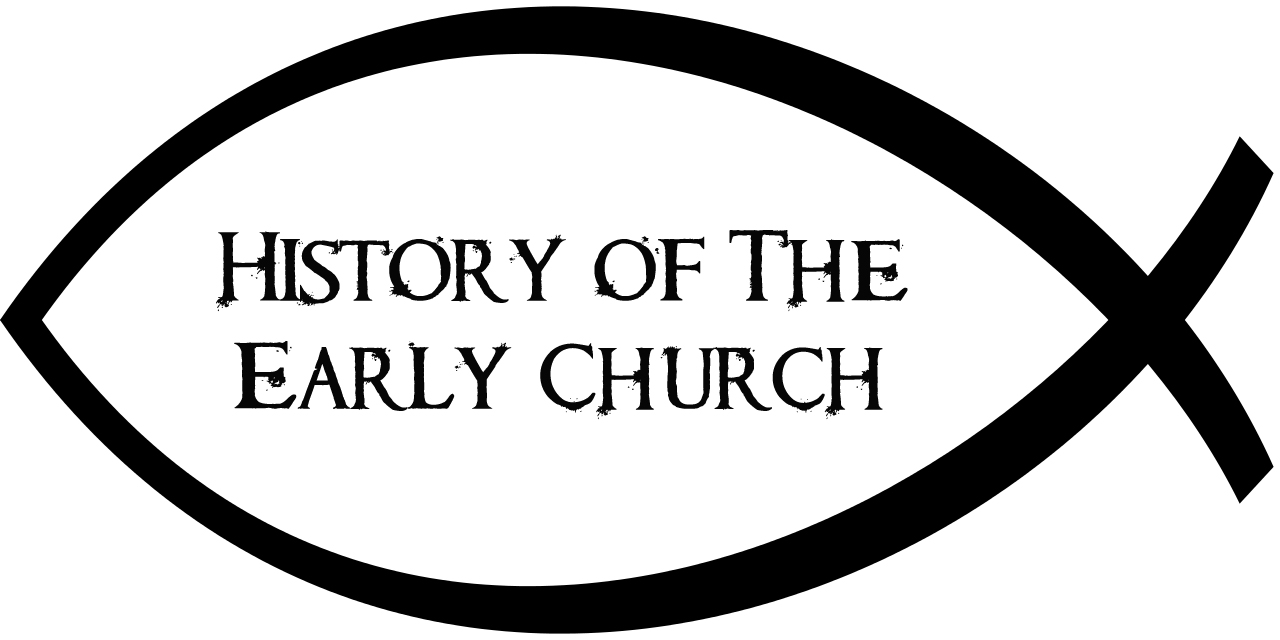We possess only scanty accounts of the personal history of Irenaeus. It has been generally supposed that he was a native of Smyrna, or some neighboring city, in Asia Minor. He himself tells us (3. 3, 4) that he was in early youth acquainted with Polycarp, the noted bishop or overseer of Smyrna. A sort of clue is thus furnished as to the date of his birth. The general date assigned to his birth is somewhere between A.D. 120 and A.D. 140.
It is certain that Irenaeus was bishop or overseer of Lyons, in France, during the latter quarter of the second century. The exact period or circumstances of his ordination cannot be determined. Eusebius states (Hist. Eccl.,5. 4) that he was, while yet a presbyter or elder, sent with a letter, from certain members of the Church of Lyons awaiting martyrdom, to Eleutherus, bishop of Rome; and that (5.5) he succeeded Pothinus as bishop or overseer of Lyons, probably about A.D. 177.

The primary work of Irenaeus, Against Heresies, is one of the most precious remains of early Christian antiquity. It is devoted, on the one hand, to an account and refutation of those multiform Gnostic heresies which prevailed in the latter half of the second century; and, on the other hand, to an exposition and defense of the orthodox faith.
In the prosecution of this plan, the author divides his work into five books. The first of these contains a minute description of the tenets of the various heretical sects, with occasional brief remarks in illustration of their absurdity, and in confirmation of the truth to which they were opposed. In his second book, Irenaeus proceeds to a more complete demolition of those heresies which he has already explained, and argues at great length against them.
The three remaining books set forth more directly the true doctrines of revelation, as being in utter antagonism to the views held by the Gnostic teachers. In the course of this argument, many passages of Scripture are quoted and commented on; many interesting statements are made, bearing on the rule of faith; and much important light is shed on the doctrines held, as well as the practices observed, by the Church of the second century.
Irenaeus had manifestly taken great pains to make himself acquainted with the various heretical systems which he describes. His mode of exposing and refuting these is generally very effective. It is plain that he possessed a good share of learning, and that he had a firm grasp of the doctrines of Scripture. Not unfrequently he indulges in a kind of sarcastic humor, while inveighing against the folly and impiety of the heretics.

